how to have an eco-friendly home when you’re renting
Tips for living a little greener when your name’s only on the lease.
 We’ve teamed up with the folks at UNiDays to bring you stories about all the stuff you go through when you're studying. Did you know UNiDAYS members can nab a 25 per cent discount on their frankie magazine subscriptions? Well, now you do. Check the bottom of the story for more deets.
We’ve teamed up with the folks at UNiDays to bring you stories about all the stuff you go through when you're studying. Did you know UNiDAYS members can nab a 25 per cent discount on their frankie magazine subscriptions? Well, now you do. Check the bottom of the story for more deets.
Love this little planet of ours and keen to do as much as possible to keep it? While property owners can up their green cred with snazzy improvements like solar panels and triple-pane windows, those of us still in rental land can do our share too. Here’s a room-by-room guide to greening your lovely leasehold.
GARDEN
You may have a small garden, or only a few window sills, but there’s nothing quite like growing your own veggies and herbs. Parsley, rosemary, chives, coriander, oregano and basil cope well in pots all you need is a sunny spot and a bit of air. (And remember to water them occasionally.) Smaller veggies like tomatoes, capsicums, onions and baby lettuce can be grown in containers as well. Try reusing old saucepans and kettles – even old handbags and shoes – to grow them in. Just fill with dirt, plant your seeds or seedlings and you’re ready to go. Succulents and Australian natives are also a good bet for the brown-thumbed, being extremely low-maintenance and drought-friendly. And for extra greenie points, try a worm farm. You can build a cheap backyard one out of polystyrene boxes, newspaper and food scraps, though you’ll have to order special worms. (A small box costs about 30 bucks. Sadly the ones already in your garden aren’t the right type.) Or if you’re pushed for space, small commercial versions guaranteed not to smell can be bought for the kitchen.
BEDROOM
Ditch the electric blanket and heater during the cooler months in favour of some warm quilts and a woollen underlay, and block any drafts with door snakes. If your landlord has lumped you with cheap, useless curtains, scavenge some insulated ones from an op shop (or the back of your parents’ cupboards) to keep your house cool in summer and warm in winter. Going the eBay / op shop / parents’ cupboard route is also a good idea for furniture and other accessories. Vintage pieces tend to be better quality, longer lasting and cheaper than new purchases and, dare we say, cuter as well. Be realistic, but re-use and re-thrift where you can.
BATHROOM
“When it’s yellow, let it mellow. When it’s brown, wash it down.” Not flushing the toilet every time, once the blight of lazy housemates, is actually a great way to save water and – please believe – not nearly as bad as it sounds. You can also make your own environmentally friendly bathroom cleaners easily and cheaply and banish all those shiny, artificially scented products. An effective cleaner can be made from 1/2 cup bicarbonate of soda and one cup white vinegar mixed into a spray bottle. Spritz the solution and leave for a few minutes before wiping away. DIY facial cleansers, lip gloss and bubble bath are also pretty easy (and fun) to make: check the internet for recipes.
KITCHEN
Multitasking is the watchword for energy efficiency in the kitchen, so try baking a cake while your roast is in the oven or making pasta sauces and soups in bulk to consume over time. Think about ways to reduce unnecessary packaging – for example loose-leaf tea is cheaper than tea bags and the dregs can be used on your garden. It may take a little longer to make, but think of it as your daily tea-making ritual and embrace the zen. Good, reusable containers (which can also serve as decorative knick-knacks) mean you can buy pantry items like flour in bulk. Buying big and divvying up products with your neighbours and friends is also a top way to get to know people and create a little like-minded community in your area.
LAUNDRY
You mightn’t be able to install a fancy grey-water diverter or green plumbing system, but you can use a bucket to good effect. Collect your grey water, transfer it to a watering can and you’ll have an ample supply for your garden or house plants. Garden-friendly washing powders can be pricey, but it’s easy to make your own. Combine four cups grated pure soap (like Sunlight soap or Lux Flakes) and two cups washing soda, mix well and store in a plastic container with a lid. Use two tablespoons per wash. (Washing soda is the mineral sodium carbonate and in Australia is commonly known by the brand name Lectric. It comes in crystal or powdered form – the powder is much easier to use and dissolves quicker in water.)
UTILITIES
We all know we should be switching off sockets when they’re not in use. The extra keen could even think about using the money they’ve saved to switch over to green power for a double hit of eco goodness. If you use a lot of gadgets, then you might want to invest in a solar gadget recharger to further cut down electricity use. Just pop it on the windowsill and wait for the sun to do its stuff. Another less obvious but easy tip to try is checking the label when buying electrical items: every device uses a certain amount of kilowatts per hour, so look for the one that consumes the least in your price range. Be thrifty with water and gas (try collecting water when you wash veggies or wait for it to heat, for instance) and insulate the pipes on your boiler. Pester your landlord (in writing) about things like shower heads and dripping taps, and watch out for government rebates on items like insulation and dual-flush toilets. If you let the owner know about them, they’ll probably jump at the chance of a freebie.
PANTRY AND FRIDGE
Here everyone’s equal – renters and owners. You don’t need a mortgage to make changes to your consumer buying power. For example modern meat production has a huge impact on the environment, so cutting back on animal products can be a good (and cheap) way to go. Investigate organic products, local farmers’ markets, free trade and free range options, and take good care to read labels so you’re not hoodwinked by fancy packaging. There’s also fun to be had in making your own stuff. DIY ginger beer and wine recipes are available on the internet. As are easy jam-making and fruit-drying ideas. Use your imagination, and you’ll be eating, and living, well.
This story was originally published in issue 32.
Thanks to the kind types at UNiDAYS, members can nab 25 per cent off their frankie subscriptions. Just click here, then register or log in using your UNiDAYS member details. Easy as!
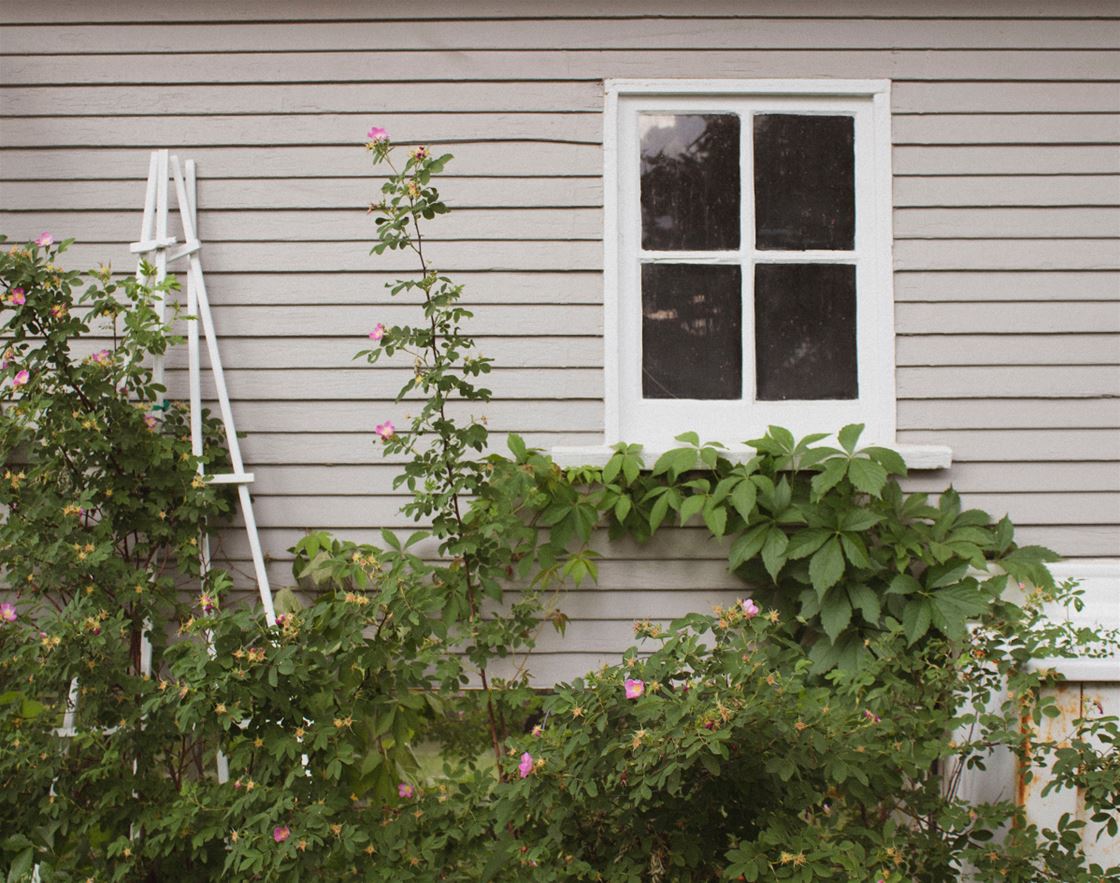



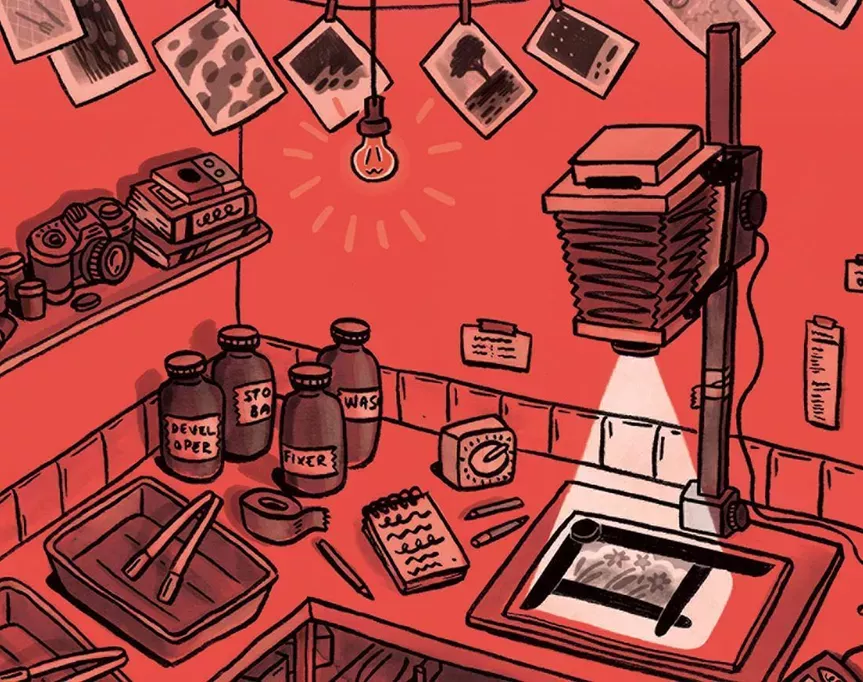

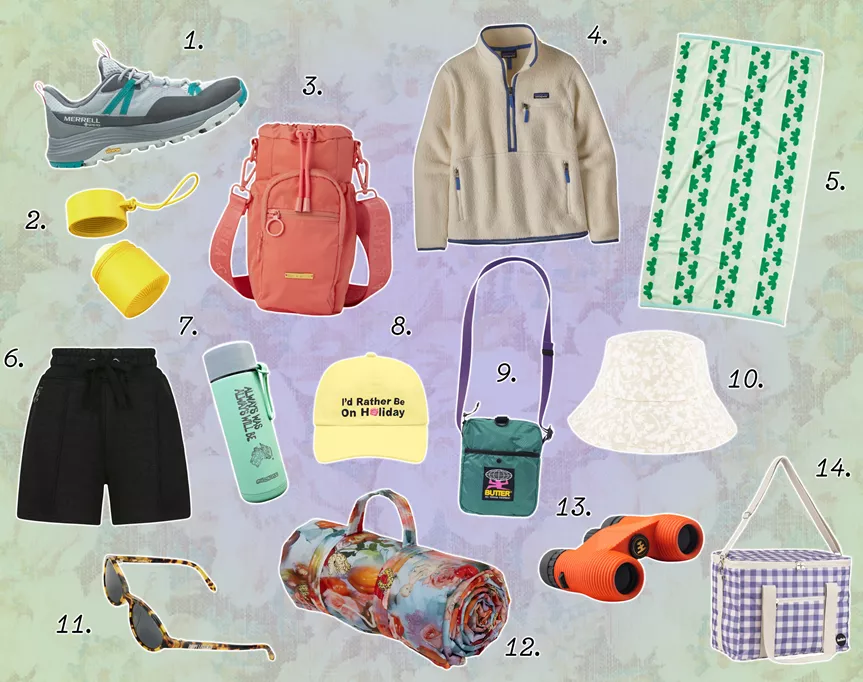
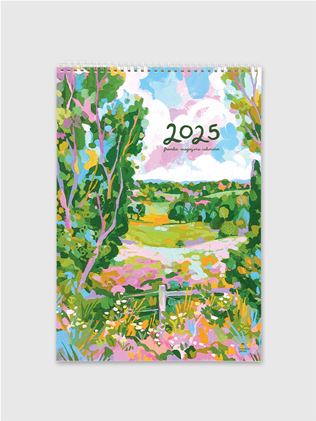
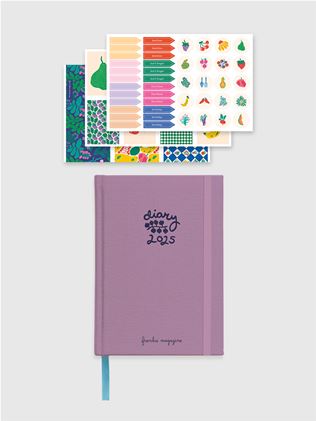
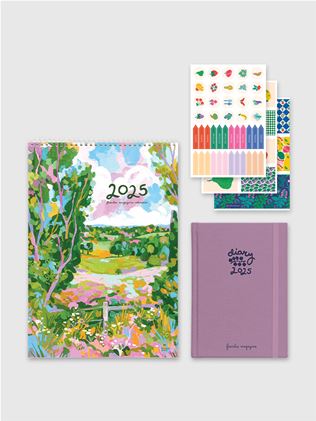
.jpg&q=80&w=316&c=1&s=1)



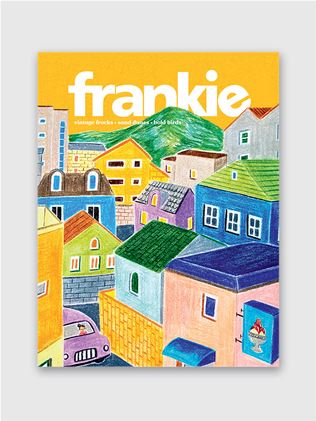


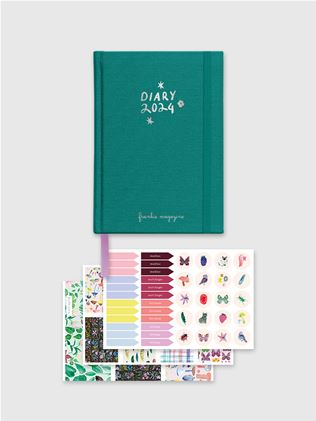



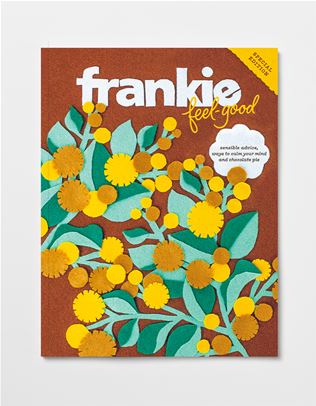






.jpg&q=80&w=316&c=1&s=1)










